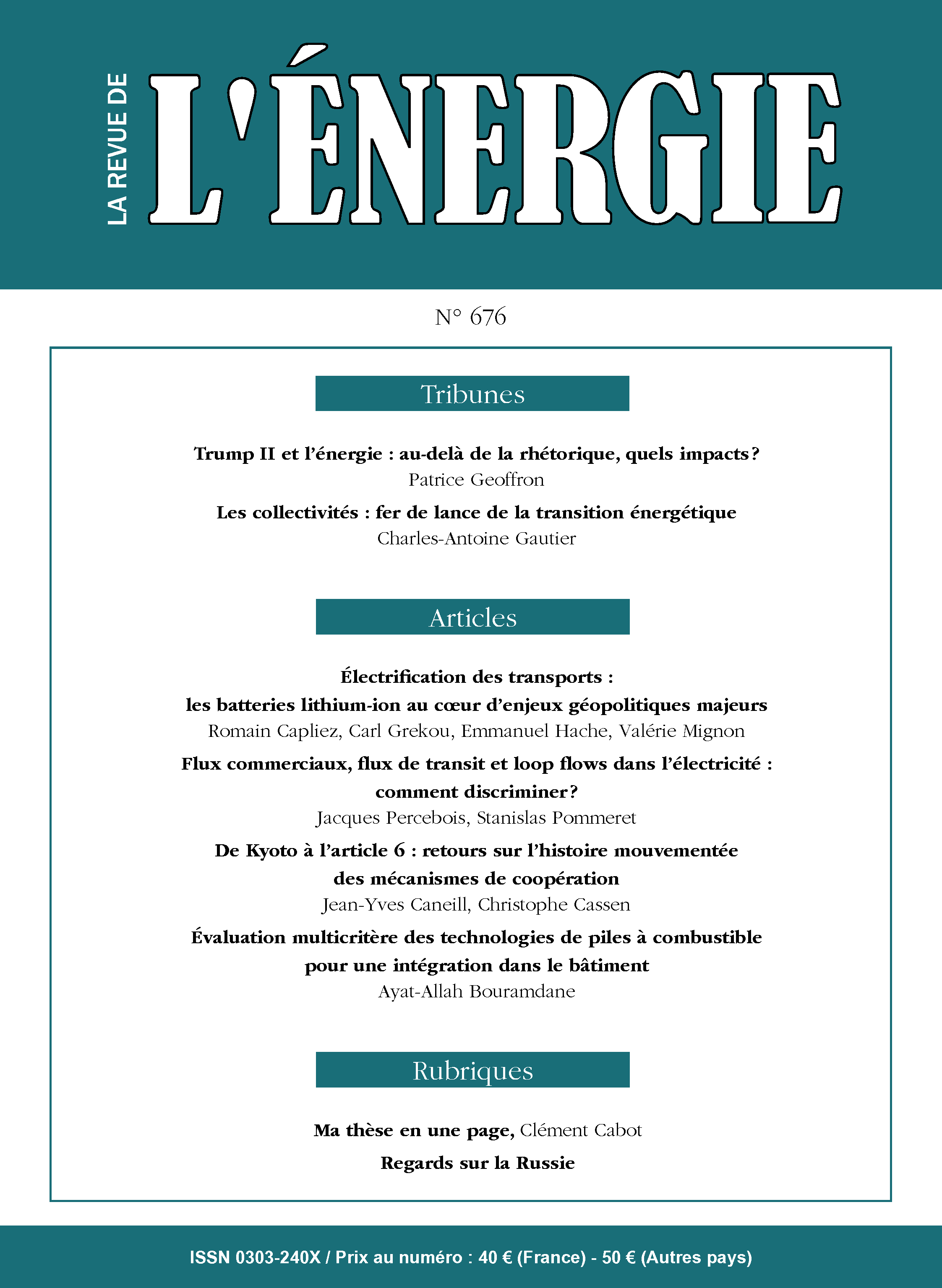L’Europe de l’énergie doit se réinventer. Ses bases intellectuelles ont plus d’un quart de siècle. Primat du marché, géopolitique de la « fin de l’histoire », convergence des mix énergétiques sous l’action de la concurrence et de règles uniformes : ces trois piliers hérités d’une vision des années 1990 apparaissent chaque jour davantage en porte-à-faux avec les enjeux d’aujourd’hui. L’exigence climatique, le caractère fortement capitalistique des investissements qui lui sont liés comme le retour des délicats problèmes de coordination entre production et réseaux électriques marquent le retour d’importants échecs du marché. La géopolitique bien plus mouvementée qu’escompté remet à l’ordre du jour les enjeux industriels et de souveraineté technologique. Enfin, les contrastes durables dans les mix énergétiques des pays membres invitent à une nouvelle subsidiarité dans la politique énergétique européenne. Après un retour sur les origines conceptuelles de l’Europe de l’énergie, cet article examine le décalage croissant entre les objectifs initiaux et les évolutions récentes et propose quelques solutions pour rebâtir une politique européenne adaptée aux enjeux énergétiques devant nous.
Reinventing European energy policy
European energy must reinvent itself. Its intellectual foundations are over a quarter of a century old. The primacy of the market, the ‘‘end of history’’ geopolitics, the convergence of energy mixes due to the influence of competition and the existence of uniform rules: these three pillars, the legacy of a 1990s perspective, are increasingly at odds with the challenges we face today. Climate issues, and the highly capital-intensive nature of investments associated with them, together with a resurgence of the delicate issue of coordination between production and electricity networks mark the return of major market failures. The state of geopolitics, which is much more turbulent than expected, has put issues of industrial and technological sovereignty back on the agenda. Finally, the enduring contrasts in the energy mixes of the member states call for a new subsidiarity in European energy policy. After a review of the conceptual origins of Europe’s energy policy, the article examines the growing gap between its initial objectives and more recent developments. It concludes by proposing some solutions for rebuilding a European policy adapted to the energy challenges we face.

